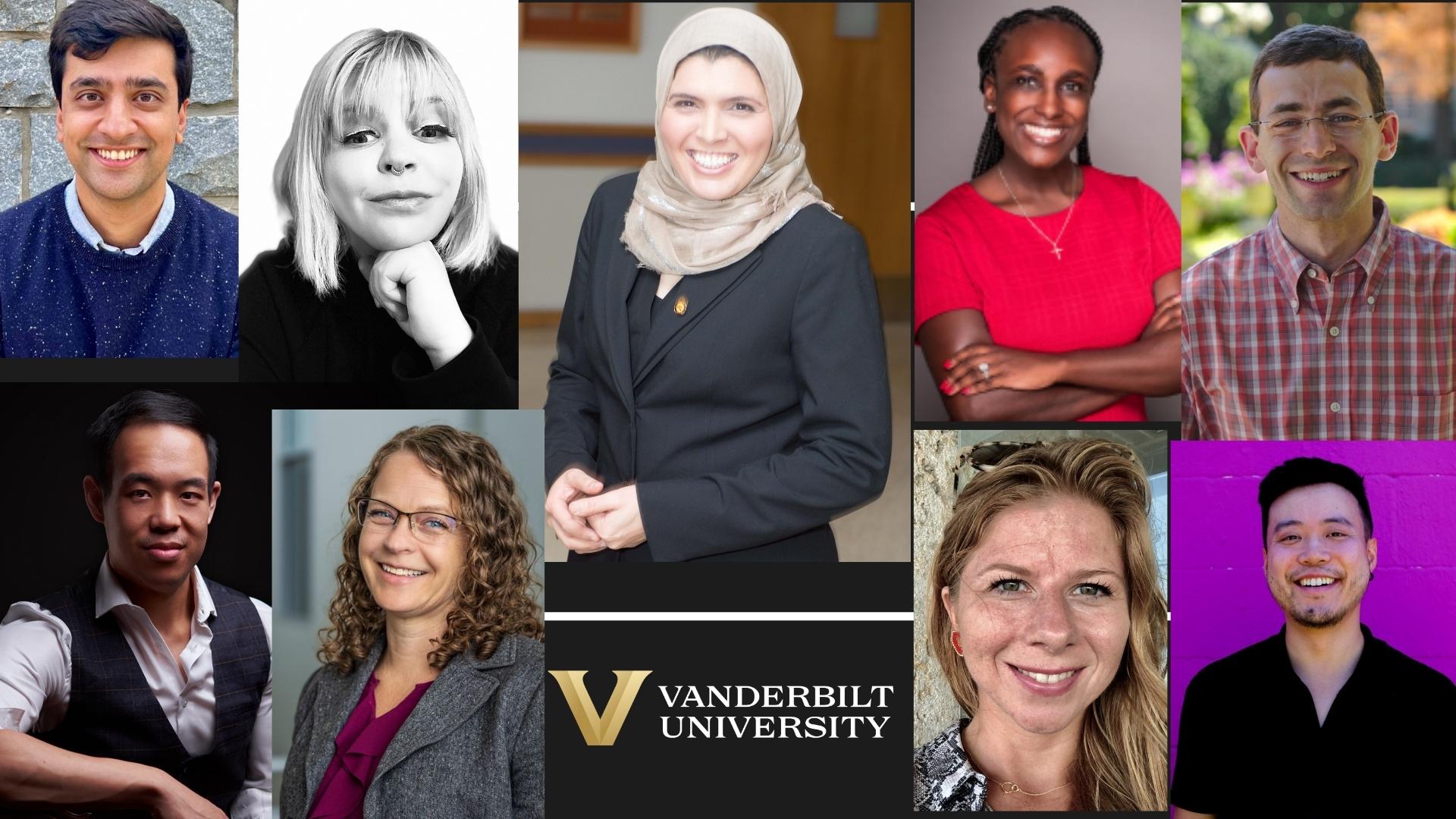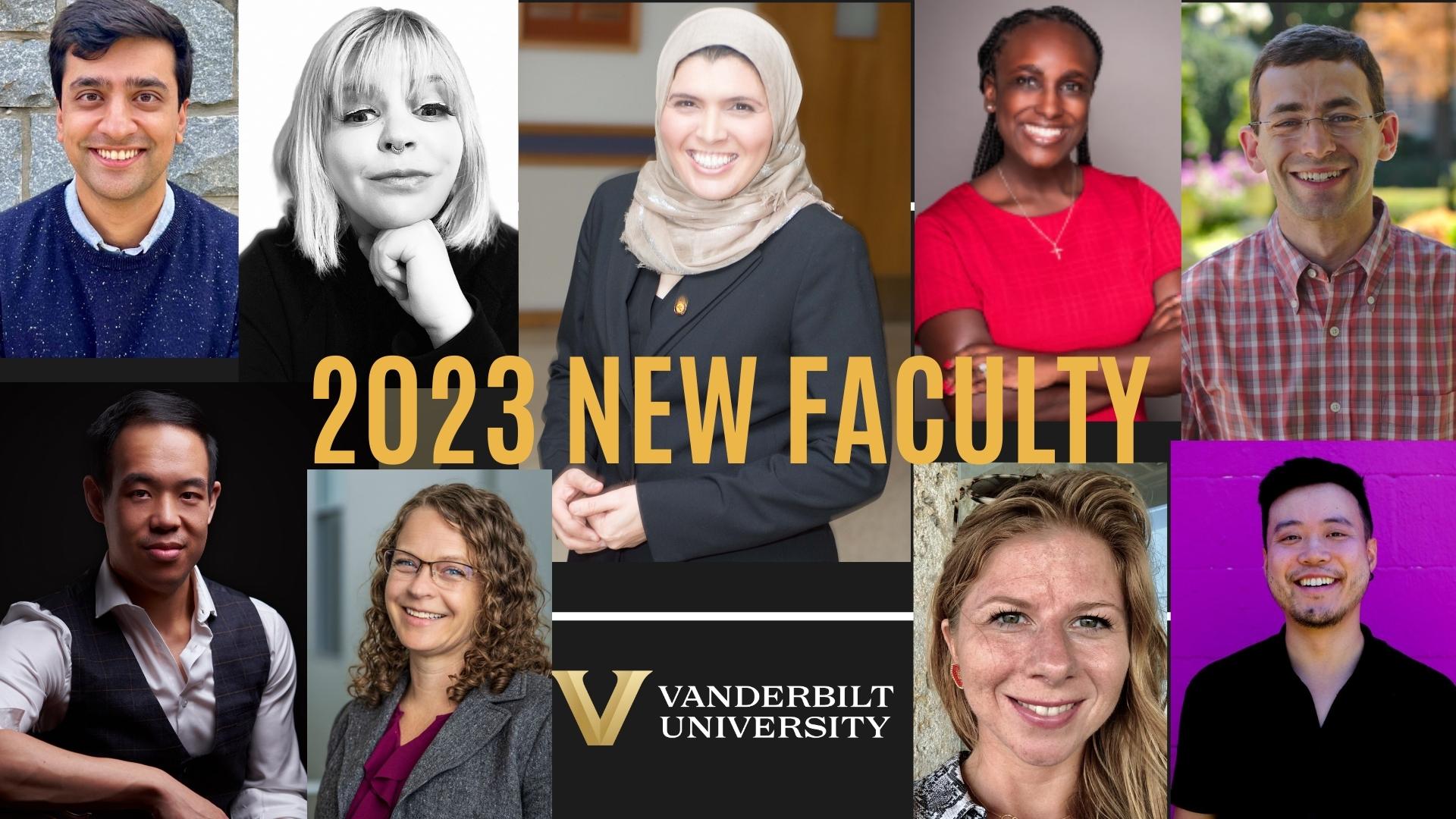Crescere aude, Vanderbilt University’s motto, is Latin for “dare to grow.” Just as each faculty, student and staff member is unique, so are their ideas of what “dare to grow” means in their work and personal life.
The university welcomed 80 new faculty to its 10 schools and colleges for the 2023–24 academic year, nearly 40 of them on the tenure track. Here, some of the newest professors share what “dare to grow” means to them.
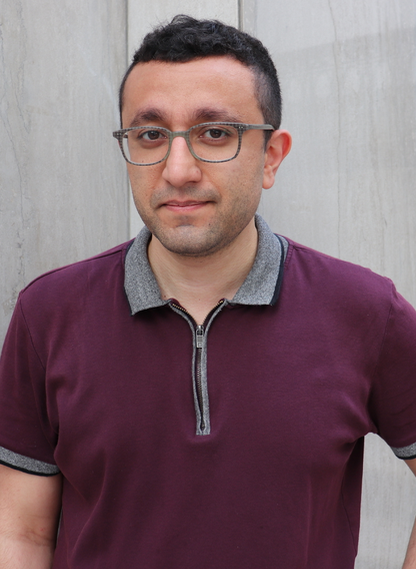
Ajay Kumar Batra, assistant professor of English
College of Arts and Science
Academic focus: African diaspora literature, sharing the voices of enslaved people and other historically marginalized groups
Batra specializes in the work of Black writers in the 1800s in the United States and British Caribbean. He unveils the voices of enslaved and formerly enslaved people, as well as other historically marginalized groups, as they express opposition to the intertwined systems of slavery and capitalism.
“My research often shows that enslaved and formerly enslaved people defined freedom and pursued justice in surprising, unorthodox ways. It’s exciting to be shining a light on these unique, often inspiring ideas and practices of liberation during our present time of social and political turbulence,” he said.
What does “dare to grow” mean to you?
“Though my training is in literary studies, my work requires an interdisciplinary approach. I therefore have learned, over time, to embrace the fact that my continued growth as a scholar is always going to depend on my willingness to venture outside of my intellectual comfort zone and draw lessons from those working far afield,” he said.
Outside of work, Batra enjoys cooking, riding his bike and watching Phillies baseball.
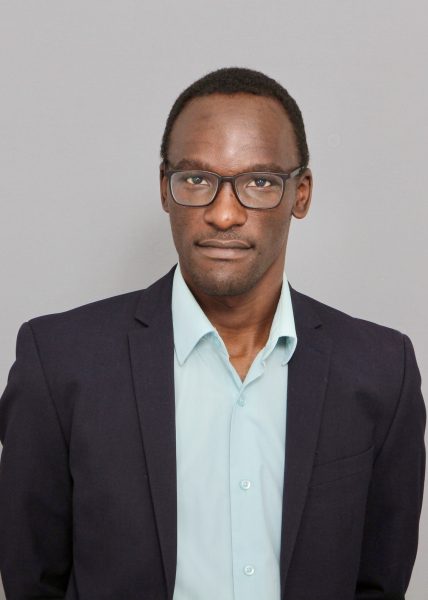
Andrew Nalani, assistant professor of human and organizational development
Peabody College of education and human development
Academic focus: Community psychology, youth-adult partnerships to support change
Nalani studies the organizational dynamics of youth work in community-based and institutional settings. He is an interdisciplinary community psychologist and uses his research to analyze how power norms across organizational levels enable or constrain the transformative potential of work for young people.
“What really lights the fire and keeps me up at night is the potential of research and practice to inform each other to reduce barriers to youths’ creative engagement and leadership in their communities,” Nalani said.
What does “dare to grow” mean to you?
“Dare to grow is about taking risks—intellectually and ethically—and marshalling the moral courage, as individuals and as a community, to navigate (and perhaps find solutions to) the complex set of existential challenges we face, such as inequality, polarization and climate change,” he said.
Outside of work, Nalani enjoys singing in a community choir.
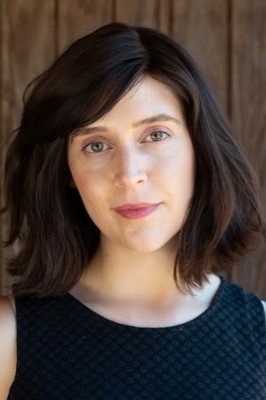
Sarah Raskoff, assistant professor of philosophy
College of Arts and Science
Academic focus: Bioethics
Raskoff’s work focuses on ethics and bioethics, especially understanding and reforming bioethical practice and consultation. She is also interested in the ethics, strategy and psychology of veganism.
“Outside of practical ethics, I work on metaethical questions about the nature of moral judgment and motivation,” she said.
What does “dare to grow” mean to you?
“It means having the courage to understand an argument before criticizing it, and maintaining that courage even if and when the argument challenges moral beliefs that feel hugely important to one’s sense of identity,” Raskoff said.
Outside of work, Raskoff likes rock climbing, vegan cooking, photography and hanging out with animals, especially her sweet yellow lab mix, Gemma.
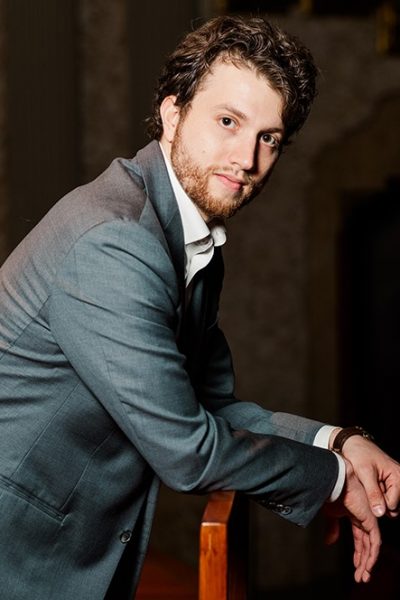
Ernesto Estigarribia Mussi, assistant professor of conducting
Blair School of Music
Academic focus: Conducting the Vanderbilt University Orchestra
Mussi will conduct the Vanderbilt University Orchestra and teach conducting to Blair undergraduates. He has conducted more than a dozen orchestras around the world. He is most frequently a guest conductor of the Orquesta Sinfónica del Congreso Nacional of Paraguay. He said he is inspired by “music’s ability to bring people together to create beauty that is otherwise unattainable.”
What does “dare to grow” mean to you?
“It means to start every day with the same humility one had on their first day,” Mussi said.
Outside of work, Mussi is an avid vegan cook. He likes to experiment with foods from different cultures and find a vegan adaptation of them.
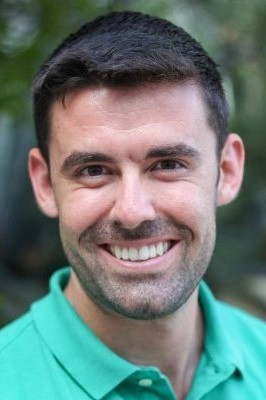
J. Andrés Gannon, assistant professor of political science
College of Arts and Science
Academic focus: Political origins of military power
Gannon’s research focuses on the political origins of military power, how states arm themselves, and why and how these armament decisions affect the states’ conduct in international affairs. He works closely with the Vanderbilt Data Science Institute.
What does “dare to grow” mean to you?
“Never let your curiosity be satisfied,” he said.
Outside of work, Gannon likes to play board games, eat tacos and admire his dog.
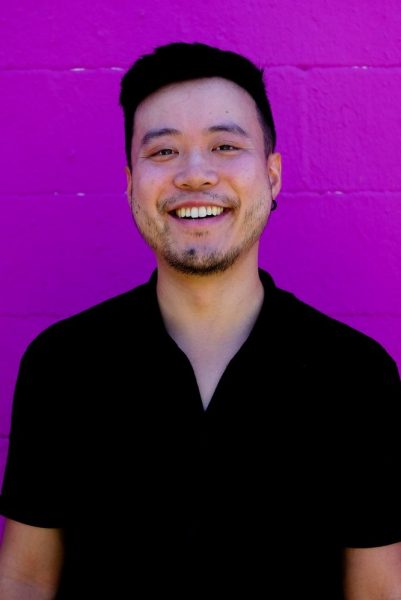
Huan He, assistant professor of English
College of Arts and Science
Academic focus: Asian American literature, art and culture
He is part of Vanderbilt’s undergraduate program in Asian American and Asian Diaspora studies. He researches and teaches on topics related to Asian American literature, art and culture, with a particular focus on the connections between race and technology. While his research begins with thinking about race and identity, he said that this focus “becomes a lens to ask larger structural questions about citizenship, capitalism, settler colonialism, globalization, technology, the environment and more.”
What does “dare to grow” mean to you?
“Dare to grow means not only asking hard questions, but also embracing unconventional and experimental methods to try to answer them. It can mean turning to art to better understand computational concerns in society or using a videogame to understand the limits of empathy. The process of growing can be full of risk, and being comfortable with this wobbly feeling is something I strive for in all of my research and teaching endeavors,” He said.
Outside of work, He loves the high-energy rush of competitive video gaming, as well as slowing down to write poetry.
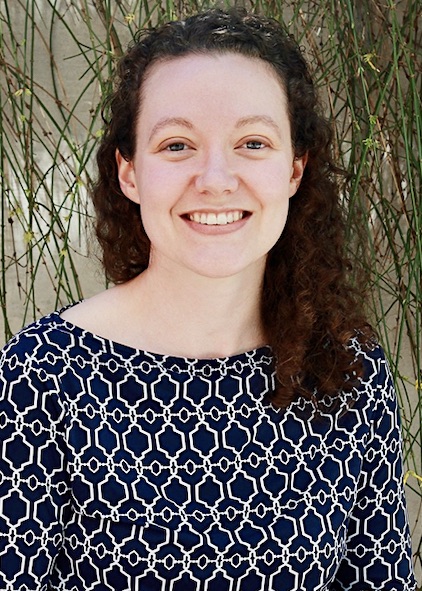
Rachelle Crescenzi, assistant professor of radiology, radiological sciences and biomedical engineering
School of Medicine, School of Engineering
Academic focus: Applying novel MRI imaging of sodium and the lymphatic system
Crescenzi is a translational imaging scientist. Her research centers around noninvasive imaging of sodium and the lymphatic system using magnetic resonance imaging. Ongoing research projects aim to develop imaging methods to understand vascular disease mechanisms of lipedema, lymphedema and hypertension. Together with a team of imaging scientists at the SALT lab and Vanderbilt University Medical Center, she is applying novel imaging to improve the recognition and care of patients suffering from lipedema and lymphedema.
“If a picture is worth a thousand words, then a picture that can measure something is worth a thousand answers. This is the motto that drives my research in imaging science using magnetic resonance imaging,” she said.
What does “dare to grow” mean to you?
“To me, dare to grow means not being afraid to explore the unknown in human health and medicine. When I stumbled upon the great need of patients with a disease called lipedema that hardly anyone had heard of, new ideas flooded into view. As our team researched lipedema and diseases that appeared related, like lymphedema and obesity, it became clear that there was a lot to unpack! The patients themselves keep us growing as they share their experiences and beg for solutions. One exciting possibility is how innovations in imaging science could help diagnose and differentiate these diseases. This should keep our lab growing for years to come,” Crescenzi said.
Outside of work, she enjoys spending time with her husband, two children and their menagerie of animals.
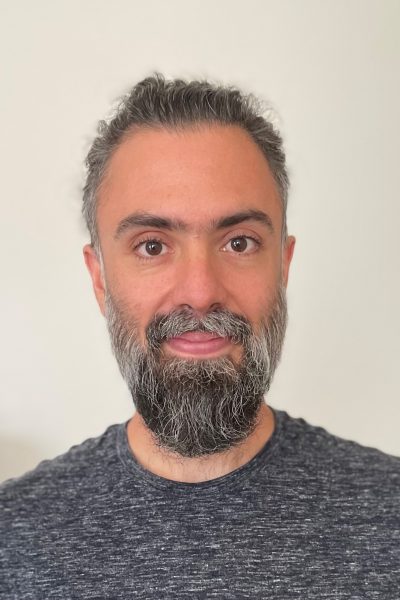
Carlos Taboada, assistant professor of biological sciences
College of Arts and Science
Academic focus: Biochemistry, physiology and evolution of optical traits in animals
Taboada’s research focuses on biochemistry, physiology and evolution of optical traits in animals. His work is interdisciplinary, encompassing natural history, biochemistry, optics and engineering as he looks at the origin of colors in nature and strategies for amplification and concealing of signals.
Taboada said his approach to research and teaching aligns well with Vanderbilt’s values and mission of cultivating an inclusive and diverse environment that fosters creativity and encourages the exploration of multiple perspectives.
What does “dare to grow” mean to you?
“In my perspective, the philosophy of dare to grow serves as an ongoing invitation to courageously embrace new challenges. It encourages us to draw inspiration from our peers and their life stories, enabling us to gain a deeper understanding and appreciation of the intricate nature of human experiences. … As a scientist, I personally view it as essential to continuously challenge my beliefs and viewpoints, to embrace risks with courage and to actively learn from my students and colleagues in my daily pursuits,” he said.
Outside of work, Taboada likes to hike, kayak and play soccer with his family. He also loves music and plays the guitar, with a particular interest in South American music styles.
